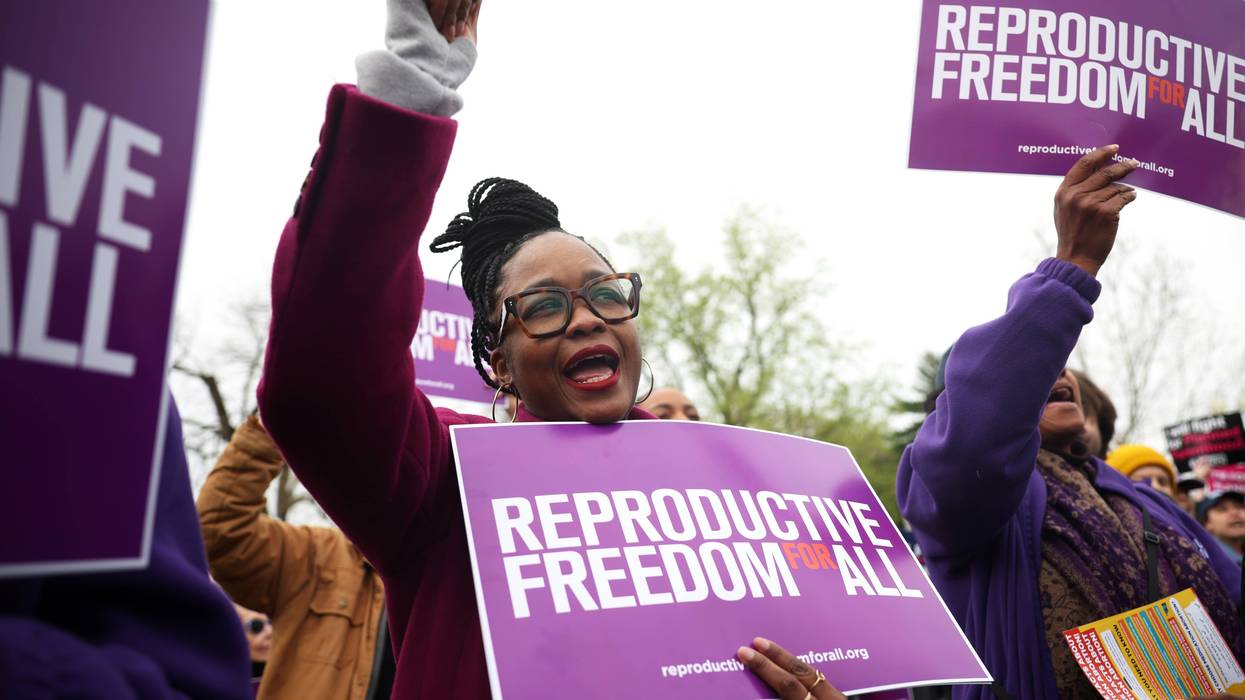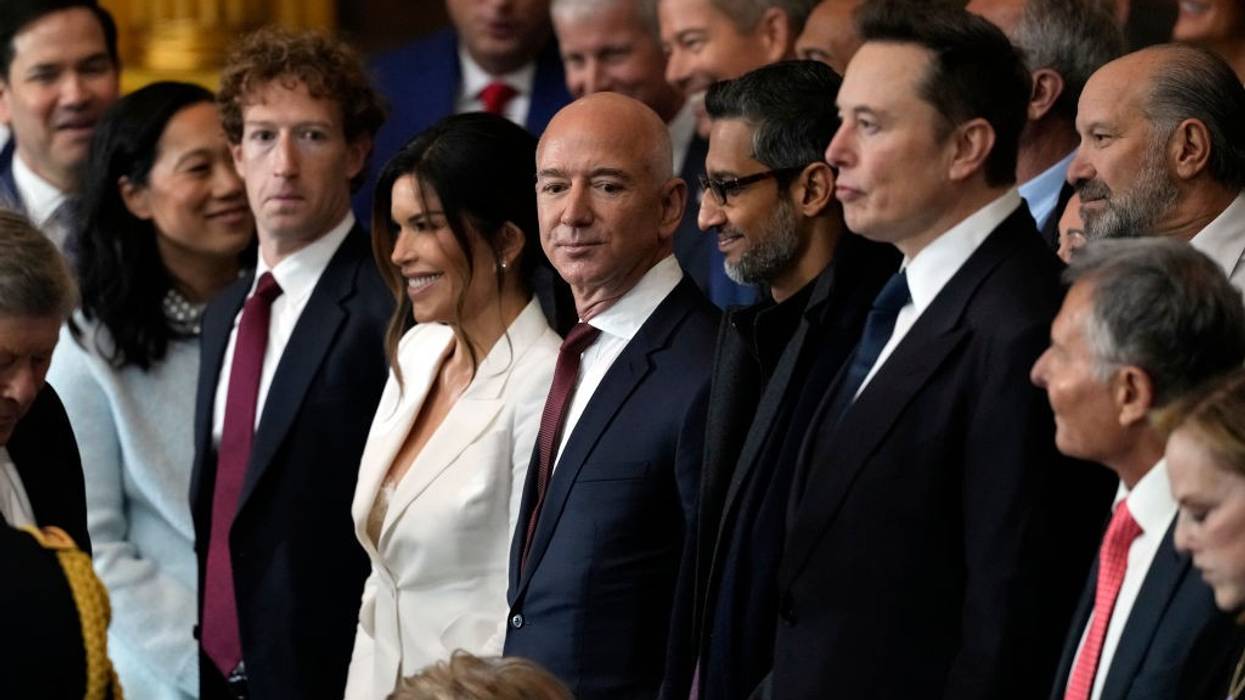In the wake of Hurricane Maria, urgent Puerto Rico recovery efforts must also extend to solving the island's imminent Medicaid crisis, "a preexisting condition that plagued Puerto Rico before the hurricane and that has been exacerbated by it," a new report from the Center for Economic and Policy Research (CEPR) states. Without urgent congressional action, Puerto Rico will lack sufficient funds to continue operating Medicaid in 2018.
Significant numbers of Puerto Ricans are expected to leave the devastated island for the mainland United States, at least temporarily, and the report examines the cost burden from Medicaid funding for the federal government and states that results from out-migration from the island to the mainland. If Congress fails to help Puerto Rico fill its serious Medicaid funding shortfall, the federal government and states may bear a higher burden as more Puerto Ricans leave for the mainland US, the report, which was written before Hurricane Maria struck, concludes.
"This is a case where doing nothing may well end up being more costly than if Congress does something and funds Puerto Rico's Medicaid shortfall," Lara Merling, CEPR Research Assistant and coauthor of the report, said. "In fact, we estimate that it could cost the federal government more than twice as much to allow the shortfall to go unfunded as it would to fund it and help Puerto Ricans receive health care on the island."
While the cost of living is higher in Puerto Rico than the US average, health care services are much less costly on the island. Therefore, the federal government and various states incur much higher costs to provide Medicaid for Puerto Ricans who have been pushed to move to states due to the hurricane, the island's struggling economy, or other factors.
Over 40 percent of Puerto Rico's population is enrolled in Medicaid, as there is a high poverty rate on the island (46 percent).
As the report notes, rather than receive a federal reimbursement as a percentage of what it spends on Medicare, as states do, Puerto Rico is subject to a hard cap that is currently about $300 million per year. This insufficient and unequal funding has forced the Puerto Rican government to cover a large portion of the costs from its own budget, contributing to the island's debt crisis.
The report calculates what the federal government and states are likely to pay for providing Medicaid for Puerto Ricans moving to US states from 2018 to 2027 based on two scenarios: continued out-migration to US states at the current (pre-hurricane) rate, and another scenario in which the out-migration rate doubles. Under the more pessimistic scenario, the costs would be $19.4 billion for the federal government, and $12.3 billion among states, as compared to $7.8 billion for services in Puerto Rico.
The pessimistic scenario -- a higher out-migration rate -- may be more likely in the wake of Hurricane Maria.
The report notes that if Congress were to reimburse Puerto Rico's Medicaid costs the same as for states, this could ensure continuing coverage for Puerto Rico's most vulnerable citizens, and possibly save the federal and state governments over $20 billion over the next decade.
"It's essential to include full funding for Puerto Rico's Medicaid program in any emergency aid supplemental for Puerto Rico," Merling said. "As the White House pushes for aid funding from Congress for Texas, Florida, the Virgin Islands, and Puerto Rico, it will be important to make sure that Medicaid funding is included."





